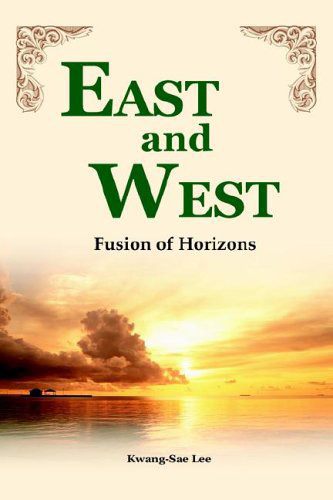#ByungChulHan : 🙸Rituals are symbolic acts. They represent, and pass on, the values and orders on which a community is based. They bring forth a community without communication; today, however, communication without community prevails. Rituals are constituted by symbolic perception. Symbol (Greek: symbolon) originally referred to the sign of recognition between guest-friends (tessera hospitalis). One guest-friend broke a clay tablet in two, kept one half for himself and gave the other half to another as a sign of guest-friendship. Thus, a symbol serves the purpose of recognition. This recognition is a particular form of repetition:
#HansGeorgGadamer : 🙸But what is recognition? It is surely not merely a question of seeing something for the second time. Nor does it imply a whole series of encounters. Recognition means knowing something as that with which we are already acquainted. The unique process by which man ‘makes himself at home in the world’, to use a Hegelian phrase, is constituted by the fact that every act of recognition of something has already been liberated from our first contingent apprehension of it and is then raised into ideality. This is something that we are all familiar with. Recognition always implies that we have come to know something more authentically than we were able to do when caught up in our first encounter with it. Recognition elicits the permanent from the transient.
#ByungChulHan : 🙸Symbolic perception, as recognition, is a perception of the permanent: the world is shorn of its contingency and acquires durability. Today, the world is symbol poor. Data and information do not possess symbolic force and so do not allow for recognition. Those images and metaphors which found meaning and community, and stabilize life, are lost in symbolic emptiness. The experience of duration diminishes, and contingency dramatically proliferates.
---
The Disappearance of Rituals: A Topology of the Present
The Relevance of the Beautiful
